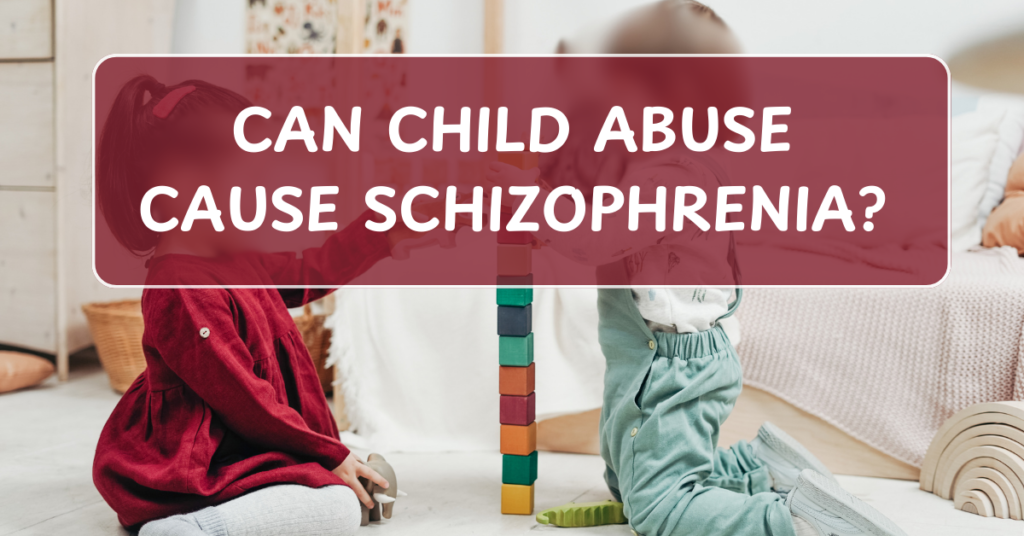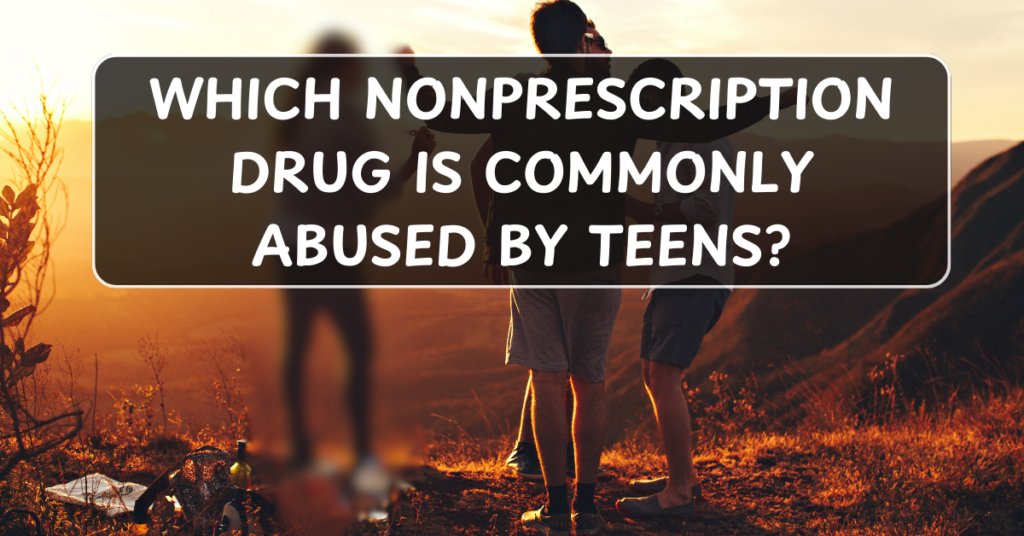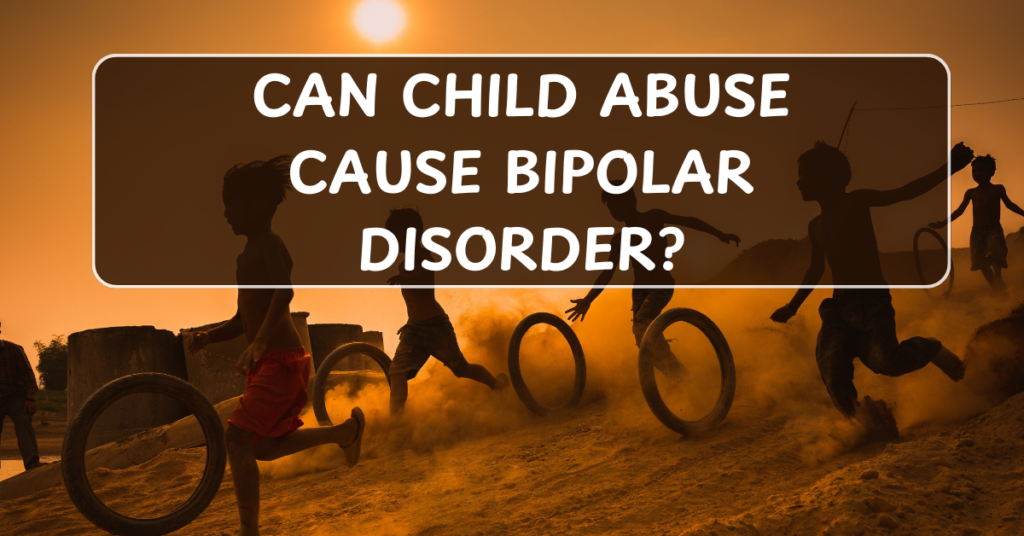
Schizophrenia is a complex and severe mental health disorder that affects how a person thinks, feels, and behaves. It is typically characterized by symptoms such as delusions, hallucinations, disorganized thinking, and difficulty distinguishing between reality and imagination. Schizophrenia is believed to be caused by a combination of genetic, biological, and environmental factors.
One of the most frequently asked questions about schizophrenia is whether childhood abuse can lead to or cause the development of this disorder. In this post, we will explore the relationship between child abuse and schizophrenia, examine how abuse might influence the development of mental health conditions, and clarify common misconceptions about this topic.
Understanding Schizophrenia
Schizophrenia is a chronic mental illness that usually begins in late adolescence or early adulthood, typically around the age of 16 to 30. The exact cause of schizophrenia is not fully understood, but it is thought to involve a combination of genetic predisposition, chemical imbalances in the brain (particularly dopamine and glutamate), and environmental triggers.
Some common symptoms of schizophrenia include:
- Hallucinations: Hearing voices or seeing things that are not present.
- Delusions: Strongly held false beliefs, such as believing that someone is plotting against you.
- Disorganized thinking: Trouble organizing thoughts, leading to incoherent speech or difficulty following conversations.
- Social withdrawal and difficulty functioning in daily life.
While schizophrenia is largely associated with genetic factors, environmental influences, including early life trauma, may play a role in the onset of the disorder, particularly in individuals who have a genetic predisposition to mental illness.
The Link Between Child Abuse and Schizophrenia
Childhood abuse, including physical, emotional, or sexual abuse, can have long-lasting effects on a child’s mental and emotional well-being. Trauma experienced during childhood can significantly impact brain development and emotional regulation, which may increase the risk of developing various mental health conditions, including schizophrenia.
However, it is important to note that child abuse alone does not cause schizophrenia. Schizophrenia is a multifactorial disorder, meaning that it typically arises from a combination of genetic vulnerabilities and environmental factors. Abuse is just one of many potential environmental factors that can increase the risk of developing schizophrenia.
How Child Abuse May Contribute to the Development of Schizophrenia
While child abuse alone does not cause schizophrenia, it can be an environmental factor that contributes to the onset of the disorder, especially in individuals who are already genetically predisposed. Research suggests several ways in which abuse and trauma may influence the development of schizophrenia:
- Stress and Trauma: Severe stress during childhood, especially traumatic events like abuse, can alter the brain’s response to stress and affect the development of regions that are involved in memory, emotion regulation, and perception. The prolonged impact of trauma can increase the likelihood of developing mental health disorders, including schizophrenia.
- Changes in Brain Development: Studies have shown that childhood abuse can disrupt normal brain development, particularly in areas like the hippocampus and prefrontal cortex, which are crucial for memory, emotional regulation, and decision-making. These brain changes can make an individual more vulnerable to mental health disorders, including schizophrenia.
- Increased Vulnerability to Psychotic Symptoms: Childhood trauma can increase sensitivity to the onset of psychotic symptoms, especially in individuals who have a genetic predisposition to schizophrenia. In other words, the combination of a genetic vulnerability and traumatic experiences can increase the risk of developing the disorder.
- Chronic Stress and Cortisol Levels: Abuse often leads to chronic stress, which raises cortisol levels in the body. Elevated cortisol levels over a prolonged period can have negative effects on brain function, including disrupting the balance of neurotransmitters like dopamine, which is believed to play a significant role in schizophrenia.
Research Findings: Child Abuse and Schizophrenia
Studies have shown that individuals who have experienced severe trauma in childhood, such as abuse, neglect, or other forms of maltreatment, are at a higher risk of developing schizophrenia or other psychotic disorders later in life. However, the relationship is complex, and not all individuals who experience childhood abuse will develop schizophrenia.
- One study found that individuals who were abused as children, especially those who experienced sexual abuse or severe physical abuse, had a higher likelihood of developing psychotic symptoms in adulthood. However, it is important to remember that many people who experience abuse do not develop schizophrenia, suggesting that abuse alone is not the sole cause.
- Another study suggested that individuals with a genetic predisposition to schizophrenia who also experienced significant childhood trauma were at an even higher risk of developing the disorder. This indicates that genetic factors, combined with early life stressors, may contribute to the onset of schizophrenia.
The Role of Genetics and Environment in Schizophrenia
The development of schizophrenia is most often linked to a combination of genetic predisposition and environmental factors, such as childhood abuse. People with a family history of schizophrenia have a higher risk of developing the disorder themselves, but environmental stressors, such as abuse, drug use, or major life events, can trigger the onset of symptoms.
- Genetics: People with a close family member who has schizophrenia are more likely to develop the disorder themselves. Studies suggest that there may be several genes involved in schizophrenia, though no single gene is responsible.
- Environmental Factors: In addition to childhood trauma, other environmental factors—such as prenatal exposure to viruses, malnutrition, or drug use—can also contribute to the development of schizophrenia in vulnerable individuals.
Does Child Abuse Cause Schizophrenia?
Child abuse does not directly cause schizophrenia, but it can increase the risk of developing the disorder in those who are genetically predisposed. Schizophrenia is influenced by a complex interplay of genetic, environmental, and neurobiological factors. Abuse can be one of many stressors that contribute to the development of schizophrenia, particularly in individuals with a family history of the disorder.
Conclusion
While childhood abuse can have severe emotional and psychological effects that may contribute to the onset of mental health disorders, it does not directly cause schizophrenia. Schizophrenia is a multifactorial disorder, with genetic, environmental, and biological factors all playing a role. For individuals who have experienced abuse and are at risk of developing schizophrenia, early intervention, mental health support, and trauma-informed care are crucial for managing symptoms and improving long-term outcomes.
If you or someone you know is struggling with the effects of childhood abuse or showing signs of schizophrenia, it is important to seek professional help from a mental health provider. Therapy, medication, and support systems can make a significant difference in the management of symptoms and recovery from trauma.


